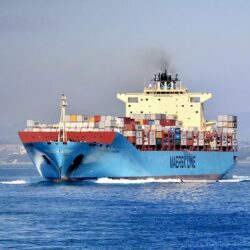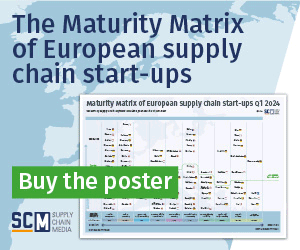EU launches review of consortia block exemption for container shipping

Customers of logistics service providers have long criticized the container shipping Consortia Block Exemption Regulation (CBER). They are claiming that it actually distorts the market, forcing them to pay huge amounts for container transport while the service leaves a lot to be desired. The European Commission is now reviewing the CBER.
Container shipping has benefited considerably from the coronavirus crisis, with major shipping companies such as Maersk, MSC and CMA CGM generating record-breaking profits in the past couple of years. According to the British research company Drewry, container shipping companies achieved a combined operating profit (EBIT) of US$190 billion in 2021, and that figure is expected to rise as high as US$270 billion this year, states a report in Dutch financial newspaper FD.
Sevenfold price increases
Customers of logistics service providers have complained about facing up to sevenfold price increases. Meanwhile, the container shipping companies’ reliability often leaves much to be desired, with only a third of container ships arriving in ports on time. In addition, capacity issues make it difficult to secure space on board, leading to knock-on effects throughout the supply chain.
Another criticism is that some container shipping companies have started to use their record profits to make acquisitions in the wider supply chain. For example, Maersk has bought up several logistics companies, including in air freight. As a result, customers are increasingly afraid that the shipping companies will become even more dominant in the future, which is why they are urging a review of the consortia block exemption.
The consortia block exemption allows container shipping companies – under certain conditions – to form alliances and share shipping space. This was intended to make container transport more efficient and affordable. However, logistics customers see the current sky-high prices and the shipping companies’ megaprofits as proof that the exemption is not only unnecessary, but is actually distorting the market.
Future of the consortia block exemption
The current CBER for container shipping will expire in 2024. All parties concerned – container shipping companies, customers of logistics service providers, freight forwarders and operators of ports and terminals – have until 3 October to provide their feedback to the European Commission on the possible extension of the regulation. The European Commission plans to publish its findings towards the end of this year.









